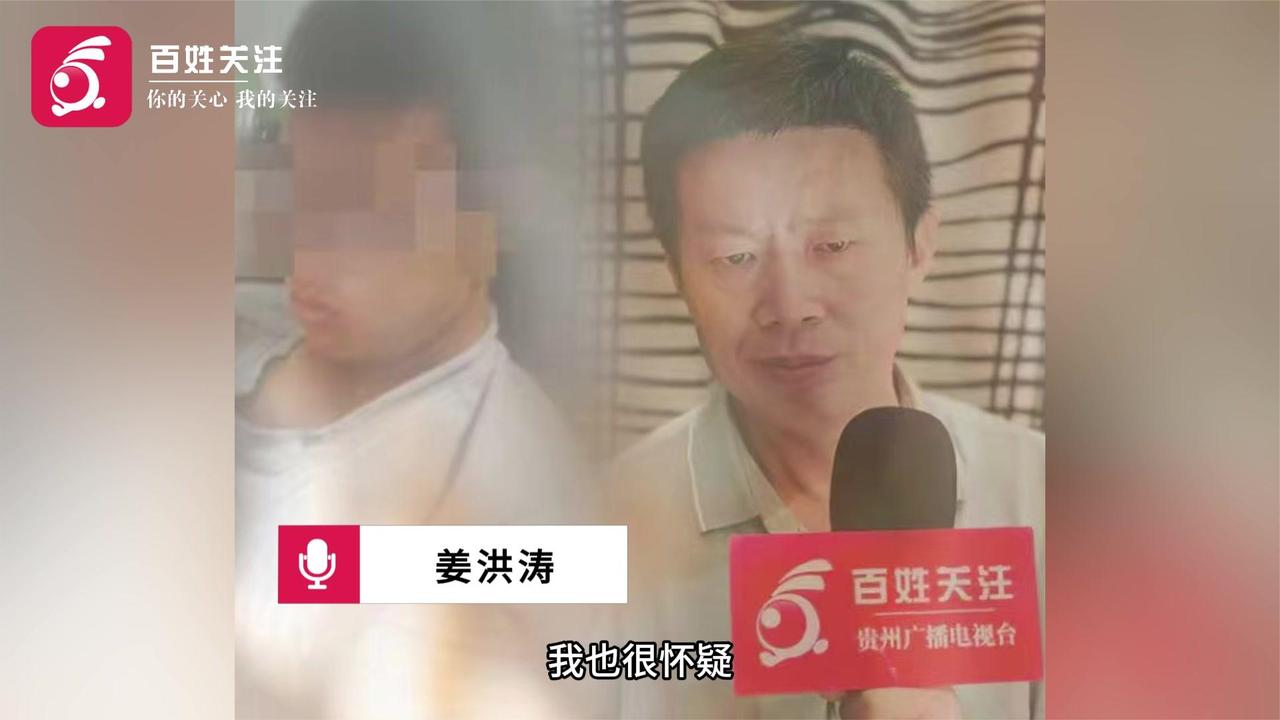A man from Zibo, Shandong discovered through a paternity test that the two sons he had raised with his ex-wife for 22 years were not biologically his, which caused him immense emotional distress.
The man described that he and his ex-wife married in December 2002. His ex-wife gave birth to their first son in 2004 and their second son in 2014. The reason for their divorce was that starting in 2022, his ex-wife almost never returned home.
According to the man’s current wife, during the divorce proceedings, he only kept one car and relinquished the rest of the assets to his ex-wife without knowing that the children were not his.
After the divorce, the eldest son frequently returned home to demand money and property, and even became physically aggressive. Later, the man used a toothbrush sample to conduct a paternity test, which confirmed that the eldest son he had raised for over 20 years was not biologically his. The man recalled that the court repeatedly requested his ex-wife to undergo a paternity test, but she and both sons refused to cooperate multiple times.

The man described how he discovered that the second son was not his: his lawyer retrieved the child’s hospital records and found that although the name in the father’s signature section was his, the handwriting entirely belonged to his cousin. “One of the signatures almost wrote his name instead.”
In April 2025, the first trial still ruled that there was no biological relationship between the man and the two sons. On August 20, the court in Zhangdian District, Zibo, Shandong, heard the case regarding post-divorce damages filed by the man against his ex-wife.
It was previously reported that the biological father of the eldest son is suspected to be the village chief from his ex-wife’s former village, while the biological father of the second son is suspected to be the man’s own cousin.
Before the trial, the man emotionally recalled: “The moment I saw the test report, I felt like my world had collapsed.” He also stated that who the biological fathers are no longer matters to him; he just wants to cut all ties with them after the lawsuit and never have any contact again.
The man’s elderly parents, in their seventies, spoke to the media for the first time with tears: “After raising our grandsons for over 20 years, finding out they are not biologically related shattered our hearts!” The elderly couple recalled the hardships of raising their grandsons and lamented that “in the end, it was all for nothing.” After the divorce, the two grandsons never contacted their grandparents again.



